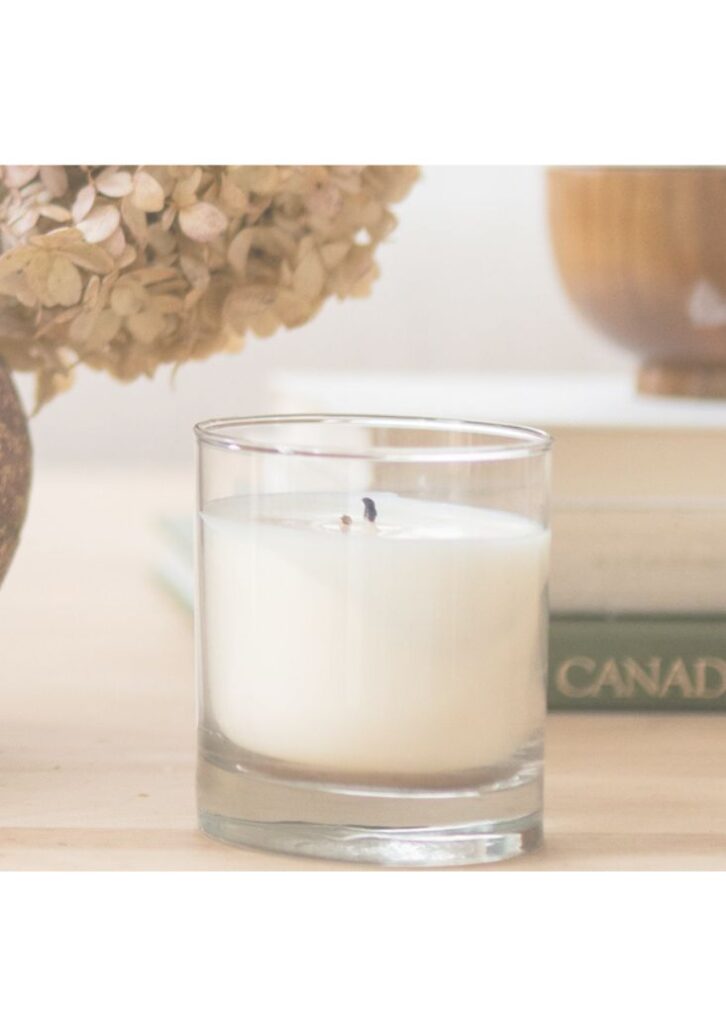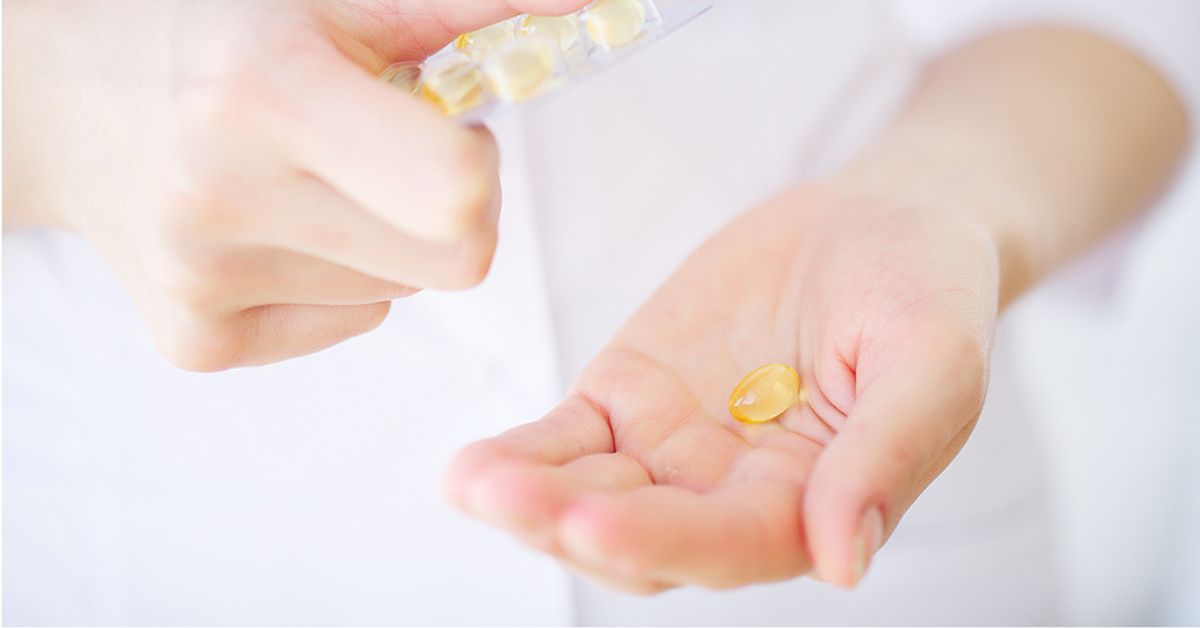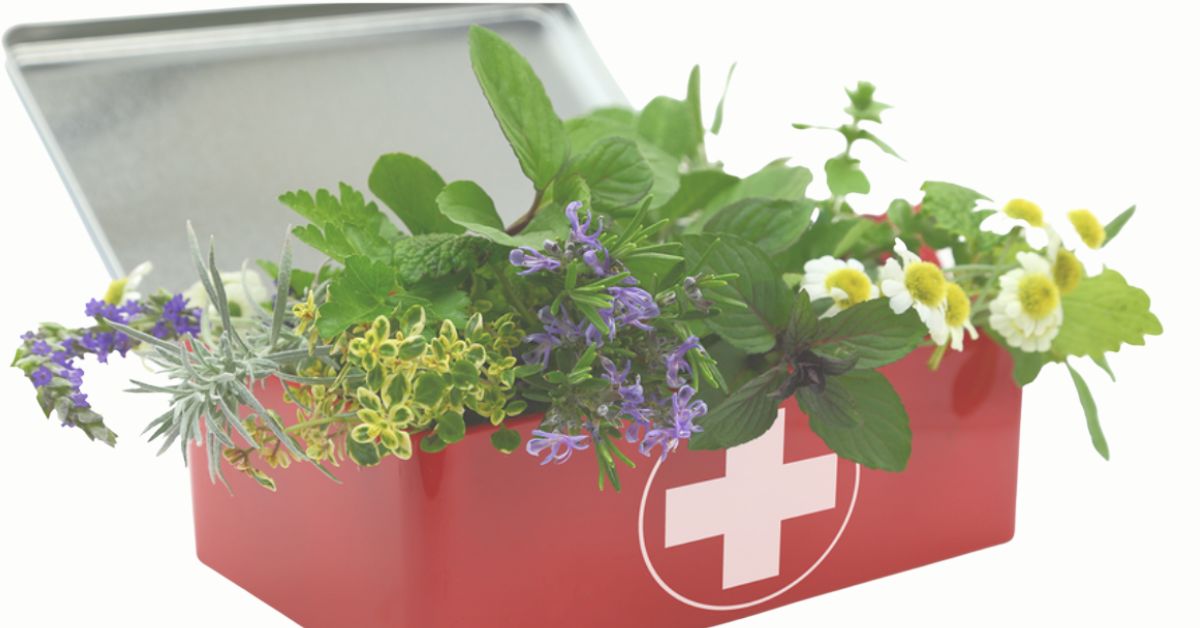Scent is a POWERFUL Passive Self Care Tool.
Scent can help us lose body fat, lower BP, reduce tension, and anxiety. Improve sleep, mood-many other Wellness, Fitness, and Health goals.

Scent can
-calm,
–invigorate,
-elicit memories,
-even prompt us to take action.
YES! Your amazing body has a mechanism to use scent as a way to help you:
- lose excess body fat,
- lower blood pressure,
- reduce tension, stress, anxiety,
- help you gain weight,
- muscle mass,
- heal,
improve sleep, and mood – pretty much any health, wellness, or fitness goal you want to achieve.
It’s true! There is no NON-SCENTS in that statement!
I just couldn’t resist 😂😂
Adding SCENT to your arsenal of SIMPLE SELF CARE TOOLS is easy and effective.
“…fragrances directly and/or indirectly affect the psychological
and physiological conditions of humans.” (1)
SCENT is another passive SIMPLE Self Care tool we can add to our lifestyle.
Passive because the only effort needed is having your choice of scent within your nose’s reach.
Astonishingly SIMPLE for the payoff you’ll receive!
I think most of us can easily relate to how a scent can transport us to a different place and time.

Or how the smell of smoke can alarm us — set off our stress response so we can get out of danger.
We know SCENT impacts us and can spur us into action immediately.
…fragrances directly and/or indirectly affect the psychological and physiological conditions of humans
(2)
We want to leverage the positive impact scent can have on us.
Our sense of SMELL is waaaay under-utilized when it comes to our Self Care so let’s dive into-

Here’s how your body is set up to use scent.
Your sense of smell, like your other body mechanisms, is there to keep you alive.
Just like sound scents have a direct connection to your brain.
Scents are able to support amping up or downshifting your Stress Loop as well as stimulating your Relaxation Loop.
This depends on what the SCENT you are smelling means to you.
Other factors that can anchor or provoke a physiological and psychological reaction can include:
- where you are,
- what the situation is,
- who are you with,
- the time of day,
- your present mood,
- the amount of perceived stress your body (not your mind) – your body) is under….
Scent is able to trigger your Stress Loop or Relaxation Loop by way of this nerve.
“Responsive neurons are located in the periglomerular layer of the olfactory bulb.
These results suggest the existence of a vagus nerve-olfactory bulb pathway.” (3)(4)
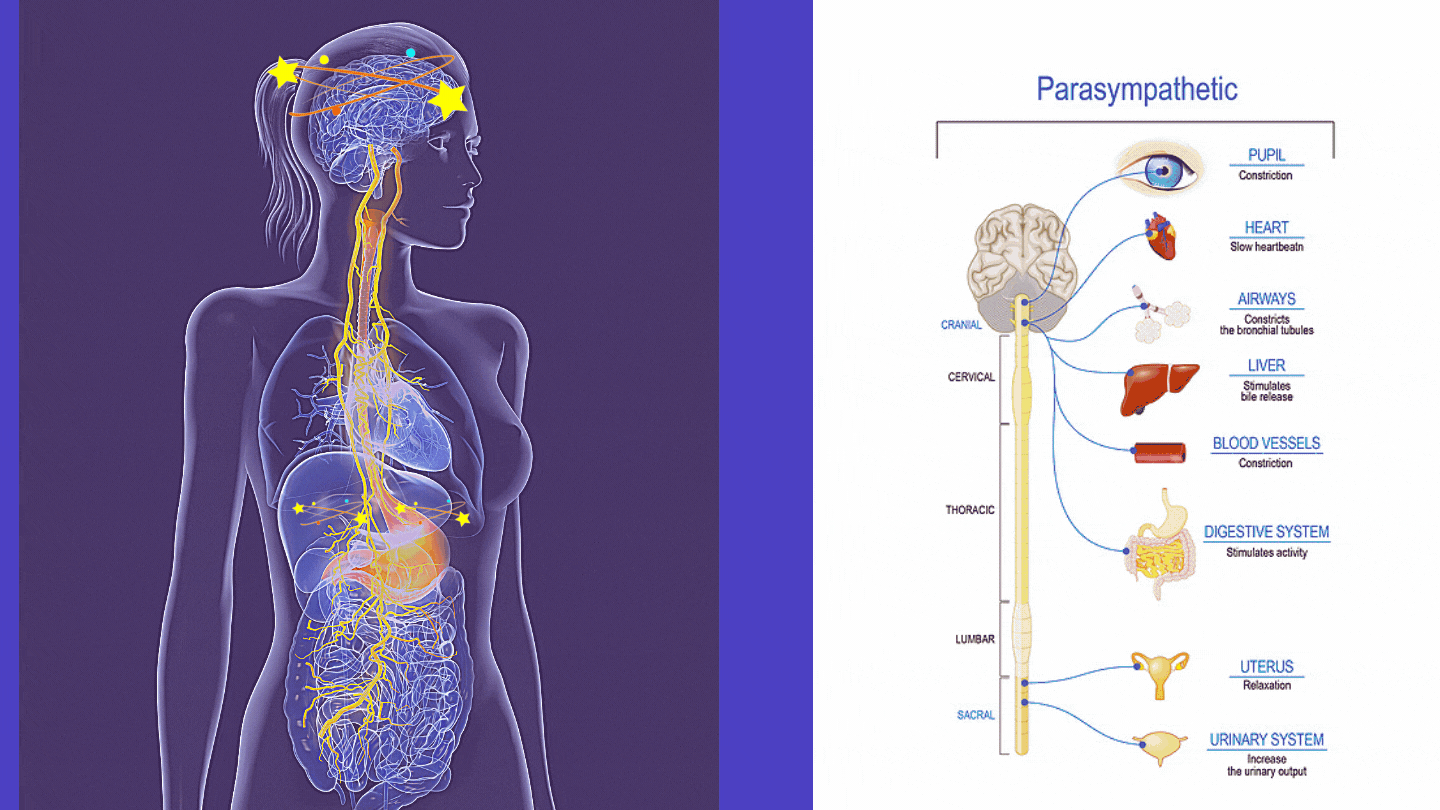
Scent reaches your vagus nerve when you inhale through your nose bringing oxygen into your body.

Inhale Scent→ Olfactory bulb → Vagus Nerve
The air you breathe in passes by your Olfactory Nerves transmitting nerve impulses of odors from the air you inhale to your olfactory bulb.
The olfactory bulb has a direct pathway to your vagus nerve.
Your vagus nerve has super quick access to your organs.
The olfactory bulb “sends information to the other areas of your body. The odors taking a direct route to regions of the brain related to emotion and memory”. (5)bold and color added
Using Scent gives you minimally 2 payoffs.
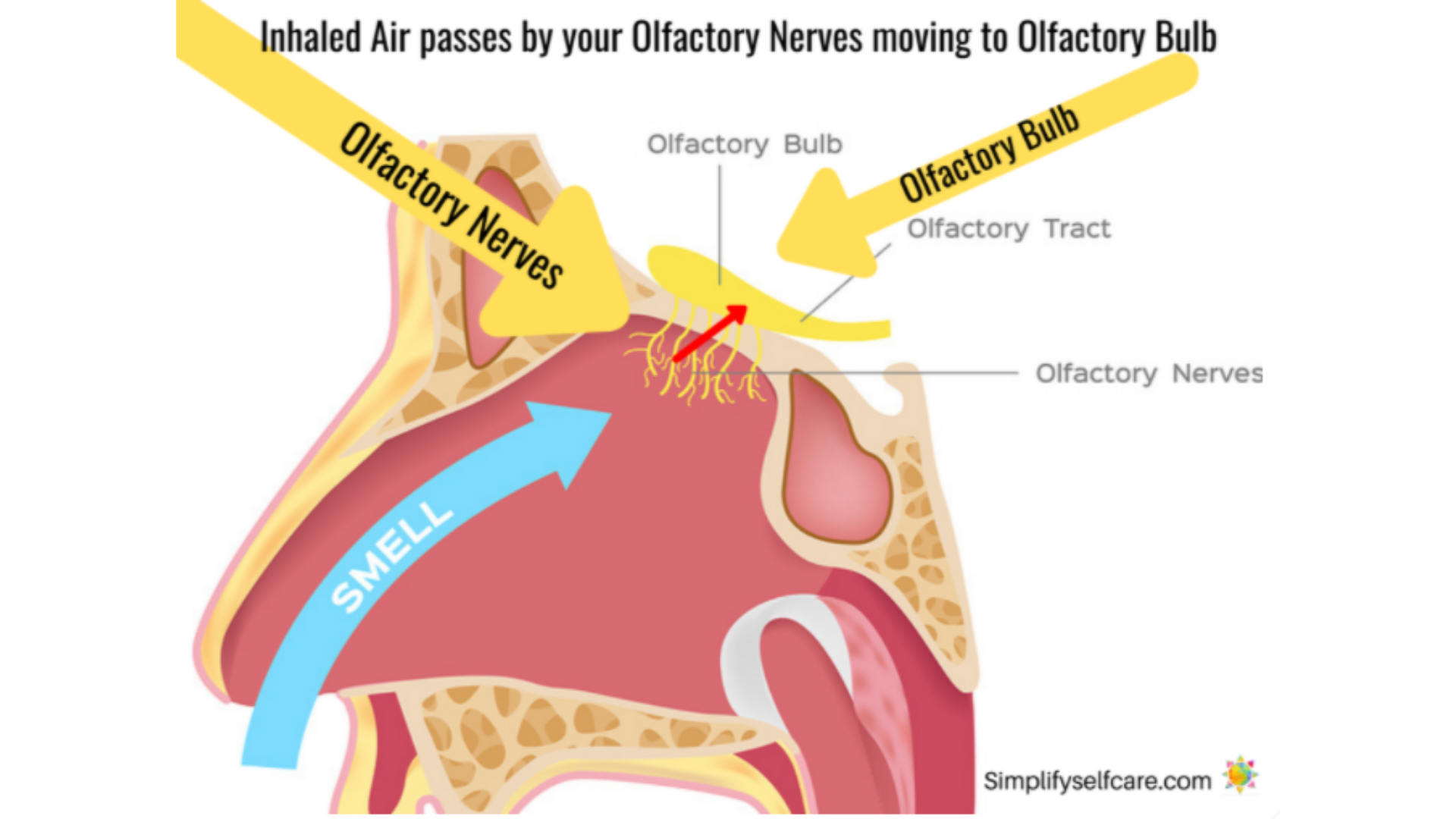
Your central nervous system responds to pleasant smells with a positive mood boost. In other cases ‘scent messaging’ may protect us by letting us know something is wrong– Sour milk? Something burning?)
How cool is that! Scent can calm us and protect us.
What an amazing body mechanism!
The air you breathe in continues down to your lungs moving through tubes that look like tree branches getting smaller and smaller until it reaches a bulb-like sac where the oxygen is able to move into your bloodstream so it can get to your cells.
Using SCENT
Over time, consistent use of your chosen SCENT can create a stronger and stronger positive connection and this can result in making that scent a resource that helps reduce your excess stress loop very quickly.
Think how handy such a simple tool like scent can be.
Have a rough day use your scent on the way home,
In an emergency –where you need calm- presence focus, use your scent,
Being tested by others or your children regroup; level off your mood by using your chosen scent….
Scent will help reduce your inflammation.
Ultimately your scent will help reduce your inflammation this is because you’ll be better and better at short-circuiting the typical scenario of having too much stress hormone sticking around for too long.
The more you rid yourself of unnecessary wear and tear on your body the better off your body will be.
How cool is that! Another amazing body mechanism you can influence!
Protecting yourself, your family, and your home by choosing scents wisely.
This brings me to the part about how important it is to choose our scents wisely.

If we follow the mechanism of how a scent gets in a bit further it’ll help you understand my request of why I would like you to be choosey when it comes to your scent choices.
The air you breathe in continues
- down to your lungs
- moving through tubes that look like tree branches
- getting smaller and smaller until it reaches
- a bulb-like sac where the oxygen is able to
- move into your bloodstream so it can get to
- your cells.

Protecting our cells.
Breathing scents in through our nose is nothing short of amazing but the filtering mechanism can be less than optimal. To Protect our cells it’s important to know that these days with smaller molecules we should avoid scents that are damaging to our cells to the best of our ability.
The little hairs in our noses, are there to help us filter some larger molecules out they just aren’t great for filtering all we breathe in these days.
Avoid scents that damage nasal and lung tissues.
Liking a scent isn’t all the criteria we should pay attention to especially if we intend to use it often.
“ individuals who frequently experienced ambient air pollution — especially by way of fine particles — also seemed to have lower bone mass levels.
… the link between poor air quality and poor bone health could be due to “the oxidative stress and inflammation caused by air pollution.”

You can choose smells that reduce your body’s stress hormones.
If we think of our stress hormones being toggled up and down like a dimmer switch toggles a light up and down we can choose scents to help us go in the direction we would like.
Over time incorporating Scent into our Self Care Lifestyle will help us balance our stress hormone regulation.

Knowing you can influence moving ‘your body’s dimmer switch’ upward and/or downward to titer the amount of hormone pumped into your bloodstream is empowering.
Envisioning your stress hormone this way can make your self care simpler in many ways.
You can move through your day focused on two questions.
1- Is what I am doing now:
Scent is one of the external influencers you can use to adapt that dimmer in the direction best for you.
Stress Hormones Also Determine Your:
- wake and sleep rhythm;
- your focus
- your energy
- they literally impact the workings of all your systems.
Over the past weeks, we’ve put in place 6 fabulously Simple Self Care Lifestyle techniques all supporting the optimization of your body’s stress hormone— SCENT now being one of them.
Adding SCENT to Your Self Care
Adding Scent today builds on the previous positive influencers you are using, takes no additional time, and is another of our body’s amazing internal mechanisms that we can influence externally.
“…fragrances directly and/or indirectly affect the psychological and physiological conditions of humans.” 1
“low concentration odors affect central nervous system (CNS) activity even when undetected” 3
How the body is set up so SCENT supports us:
Smells are handled by the olfactory bulb, the structure in the front of the brain that sends information to the other areas of the body’s central command for further processing…. ….Odors take a direct route to the limbic system, including the amygdala and the hippocampus, the regions related to emotion and memory
“The olfactory signals very quickly get to the limbic system” which’s the part of the brain that supports a variety of functions including emotion, behavior, long-term memory, and smell
“…fragrances directly and/or indirectly affect the psychological and physiological conditions of humans.”
“The sense of smell plays an important role in the physiological effects of mood, stress, and working capacity”
“both physical and mental states became more stable and relaxed after inhalation of essential oil in the experimental group compared to the control group”
“Studies in laboratory animals and humans have demonstrated that inhalation of essential oils can produce antidepressant and anxiolytic effects exposed to stress by modulating the central nervous system”
“Lavender oil inhalation is also effective in reducing stress-related symptoms in nurses”
The Science behind how your sense of smell works with your brain so you can feel confident today’s focused action works.
Learning how our sense of smell supports your 3 Organs means adding SCENT to .your AM Wake Up Happy and PM Calm Relax-Sleep provides exponential benefit!
Simple Self Care TIP:
All of us can immediately layer using SCENT into our day.

The Micro Decision: Choose 2 Scents.
The daily or maybe even hourly Micro Decision that’ll support our body’s overall well being choose 2 SCENTS:
One you know lifts your mood
the other a scent that you find calming.
Have your chosen Scents at the ready
Have your chosen Scents at the ready so when you ask yourself the 2 questions:
1- Is what I am doing now:
You’ll have what you need for instantaneous Self Care.
This is another one of those, sounds too easy to be true.
I guarantee you all the SIMPLE Self Care Micro Decisions will add up to exponential support for your entire Body. Making every other Self Care GOAL you have more effectively and efficiently achievable.
Acknowledge the Self Care Micro Decision You Make Each Time! It is KEY to success.
Remember to congratulate yourself for adding the Good Self Care Micro Decision. Counting each and every Self Care Micro Decision is MOTIVATIONAL, which is supportive of our journey of creating The Simple Self Care Lifestyle we want.
I’ve had an APP created for you that helps point to the many Self Care Micro Decisions you DO make. All too often, the focus is on what we haven’t done or are not doing. We should celebrate all our successes.
The happier we are with our personal Self Care (instead of focusing on someone else’s plan) the happier we can be moving toward our own Self Care Goals. That is The Simple Self Care Lifestyle!

mo, send me the link for the FREE MOtivator APP when it releases:

The Simple Self Care Lifestyle
MOtivator APP
The References I compiled for you are further down. If you are interested in SIMPLE Self Care Ways to Reduce Toxins You may be interested in:
Post category
Reduce Toxins
Swap out everyday products
Post category
Healthy Home
Simple Swaps for Your Home
The Simple Self Care Lifestyle
THe simple self care lifestyle
Simplify

I’m glad you are here…
self care
Post categories

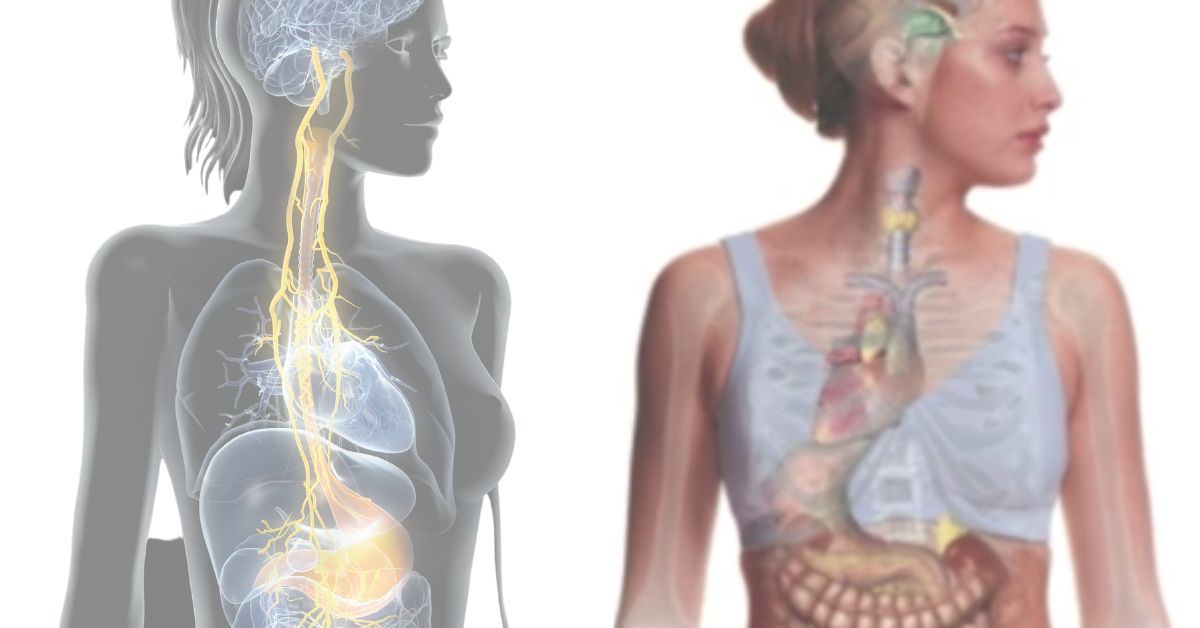

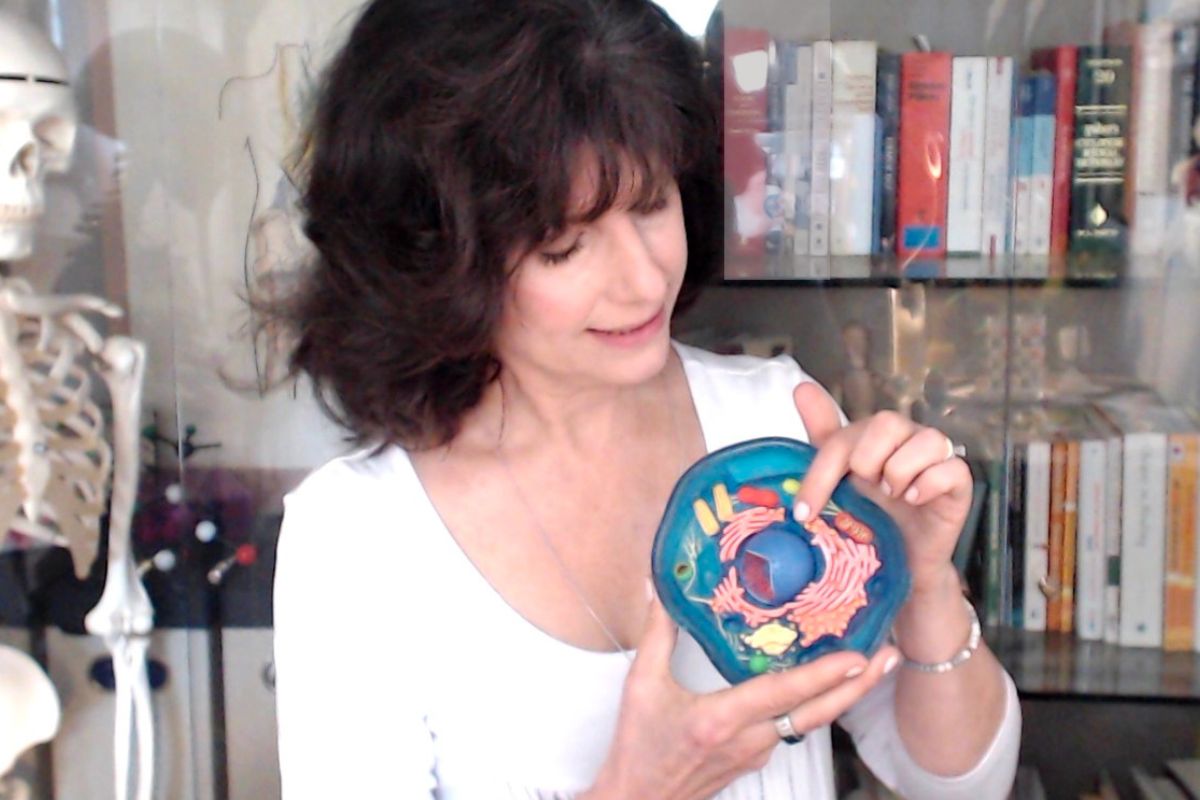


SHOP Products
Personal Products
Healthy Home
Quality Supplements
Things to Keep Handy
Quality Food Sources
Simple Self Care Programs


